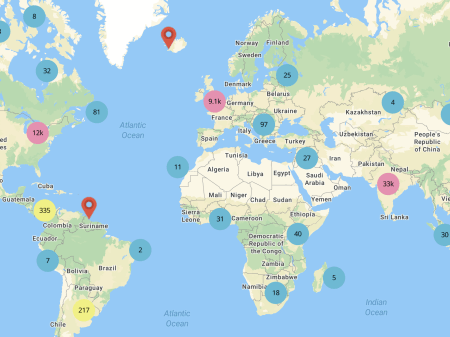
Brazil’s National Monetary Council will allow co-operative banks to issue local debt notes. The council has also cut the minimum capital threshold for co-operative banks. These moves were designed to strengthen alternative financing by enabling co-operative banks to sell local debt notes and gain access to stable, long-term funding.
Commercial banks in Brazil charge some of the world’s highest borrowing costs due to heavy taxes and high default
Credit co-operatives in Brazil are currently supervised by the Brazilian Central Bank. In spite of these two measures, they continue to have restricted access to the market. They cannot offer services such as savings, unless they own a bank.
Aloisio Tupinamba, chief of staff of the Central Bank’s financial regulation directory thinks the regulatory changes will reduce operational costs for co-operatives without being a risk to the system.
The Brazilian Cooperative Organisation (OCB) started conversations with the Brazilian Central Bank to guarantee access for the co-operatives to this services in July 2014. OCB sees as a first step the allowance for the co-operatives to sell Debit Notes. However, it warns that co-operatives still do not have the same prerogatives as banks.
Brazil has over 1,150 co-operative lenders with assets totalling R$185.6bn serving 6.5m people.
Photo: new premises of the headquarters of BANCOOB. - Cooperative Bank of Brazil (c) SICOOB




